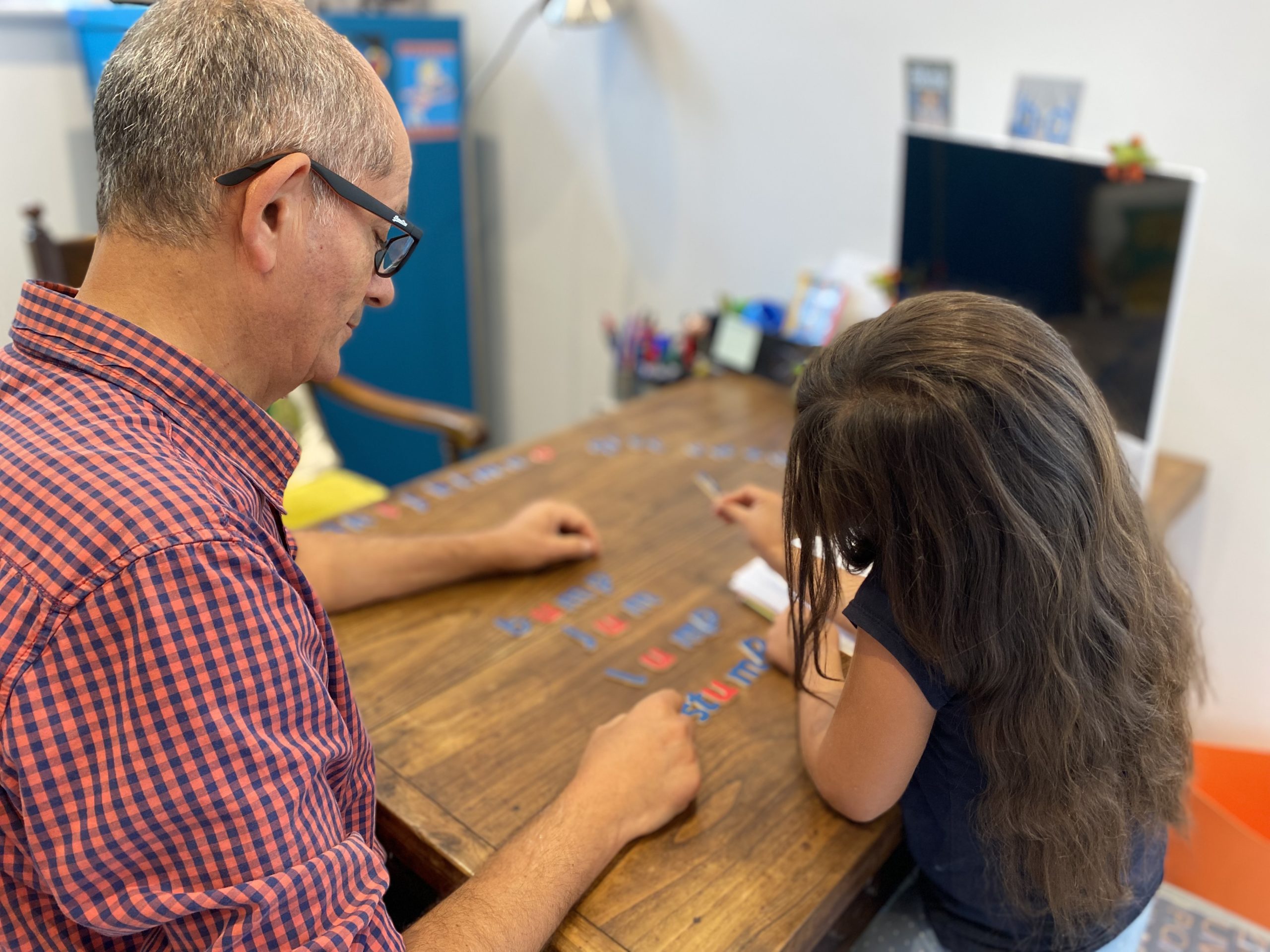
Does your child lack confidence?
Let me help him/her with a combination of Mindfulness and or NLP (Neuro Linguistic Programming.)
What do we do?
Lessons incorporate multi-sensory learning techniques which are effective for all pupils. Active learning is vital to maintain interest levels and help improve focus and retention of information. The approach is entirely dependent on individual need, which will help students take control of the way they learn.
Together, we will develop a variety of strategies to make their studies more effective and less arduous. As they begin to develop a more positive attitude and greater resilience, they grow in confidence and motivation and are better placed to tackle their difficulties; asking questions in class as well as seeking help when needed
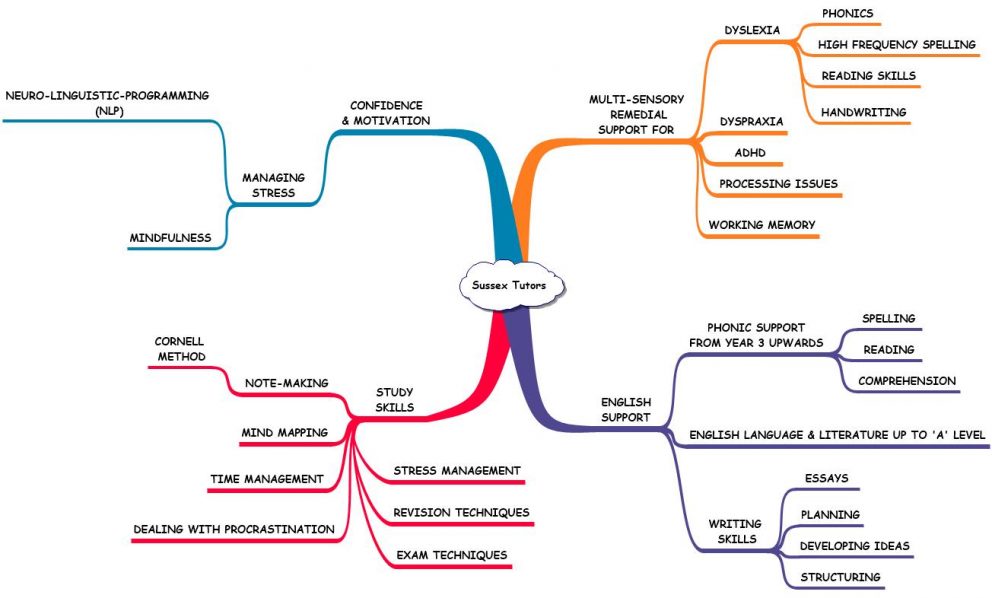
We focus on:
Of course, the techniques only tell part of the story.
One of the biggest barriers to learning is a lack of confidence or self-esteem. Sadly, this can be common in many children, particularly those with Special Educational Needs (SEN).
Confidence and self-esteem can be easily boosted, through a range of techniques.
We use Active Learning to help build up the confidence of the children we work with.
The idea behind this is that many children need to feel in control and find studying stimulating. There is a strong emphasis placed on reducing stress levels and encouraging children to make full use of all senses while studying.
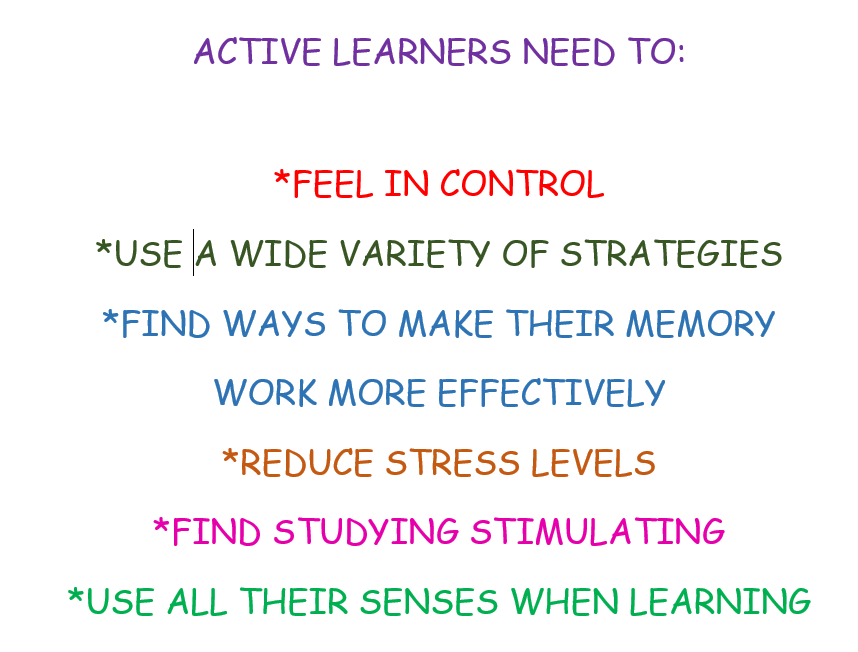
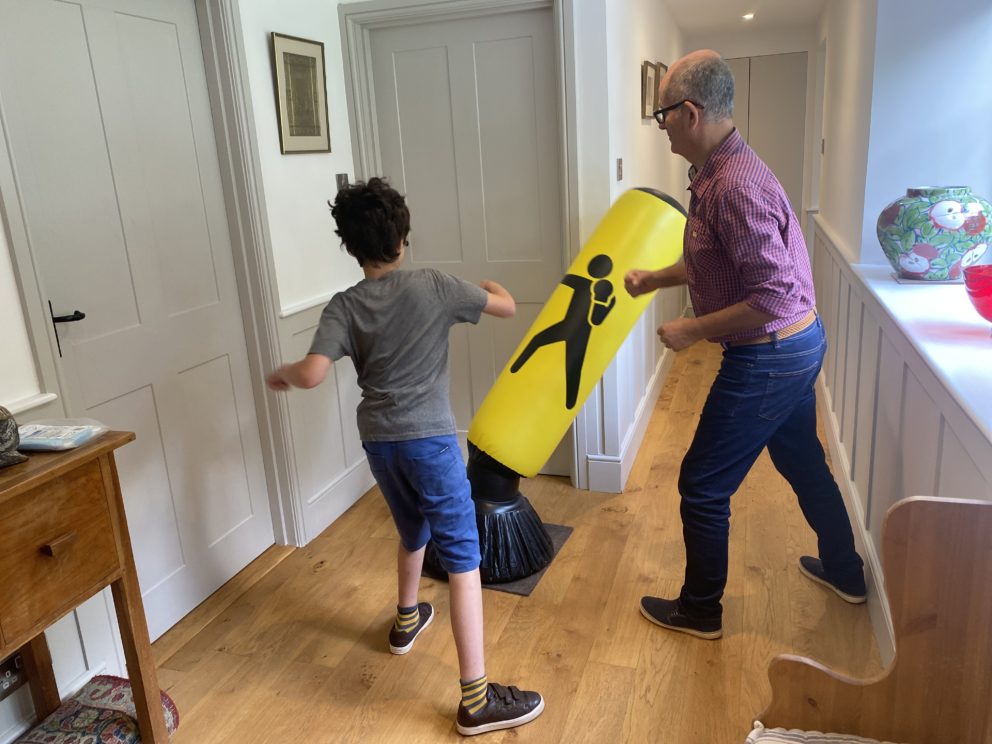
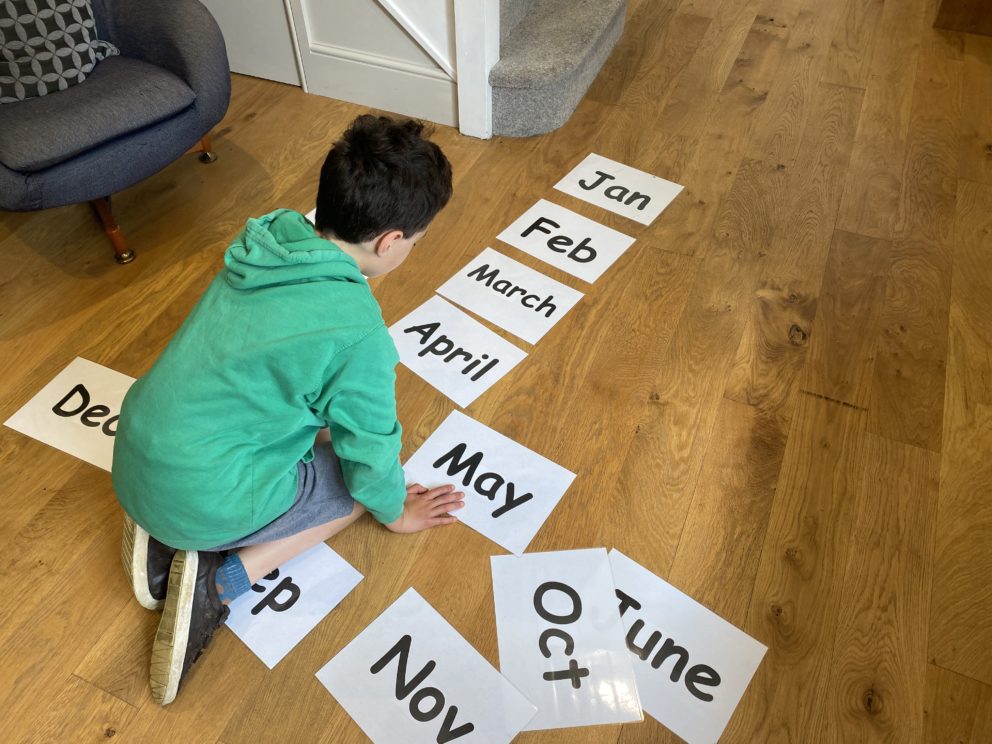
What does NLP mean?
Neuro reflects how we experience the world through our senses: Visual, Auditory, Feelings (Kinaesthetic), Smell and Taste. Our experience is unique to us.
Linguistic highlights that it is through language that we represent the world; how we express ourselves and communicate.
Programming refers to patterns of thought and action that we choose in response to our experiences.
NLP can help an individual recognise limiting habits and discover how to choose alternative ways of dealing with worries and difficult situations.
Whilst the thought of change is often difficult and overwhelming, NLP techniques are empowering and allow people to make positive adjustments.
Children and NLP
Children are open to new experiences and ready to learn. The NLP techniques and strategies focus on the positive, modelling excellence and how to achieve what they want to accomplish.
NLP teaches children that everything is possible.
There is no failure just feedback, which helps :
- boost self-esteem and confidence,
- overcome limiting beliefs,
- manage anxieties,
- improve anger issues.
Benefits of Mindfulness.
Mindfulness is empowering for children and builds greater resilience. It can help students develop the ability to stay focused on the present and not allow thoughts, emotions, self-doubt or difficulties with self-control get in the way.
Through Mindfulness, children can learn to:
- feel happier, calmer and more secure,
- achieve their full potential, whether academic or personal,
- manage difficult emotional states including anxiety and self-doubt,
- manage every day stresses including relationships, difficulties with sleep and exams,
- improve their concentration in class and exam situations,
- help reduce levels of frustration allowing a child to have greater control of their behaviour.
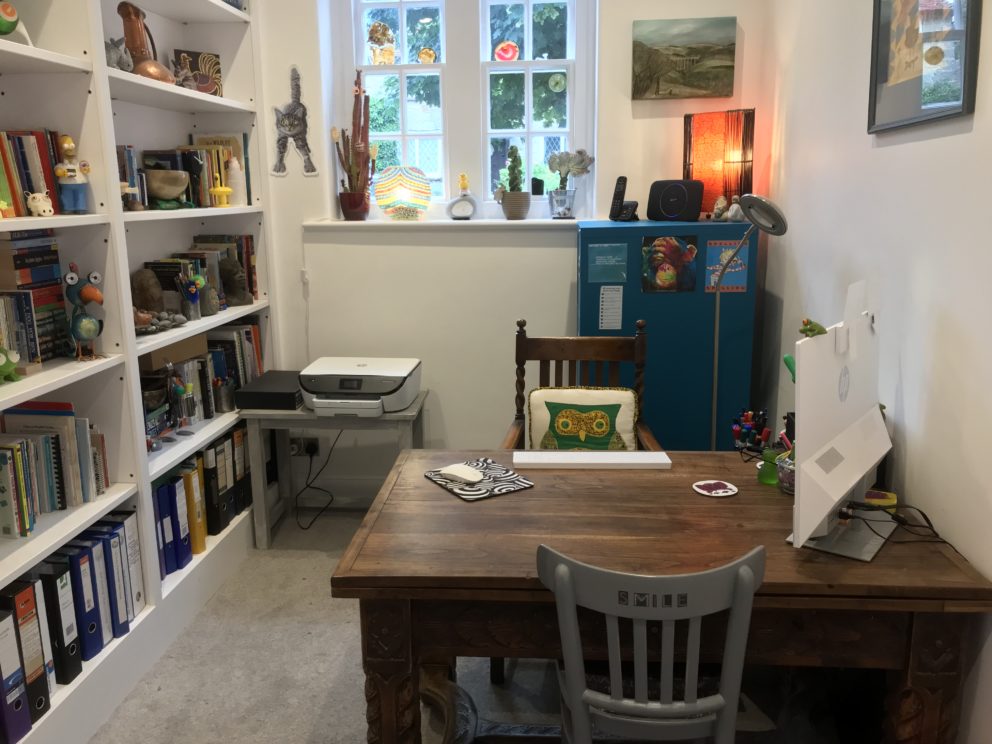
A friendly and calming environment
